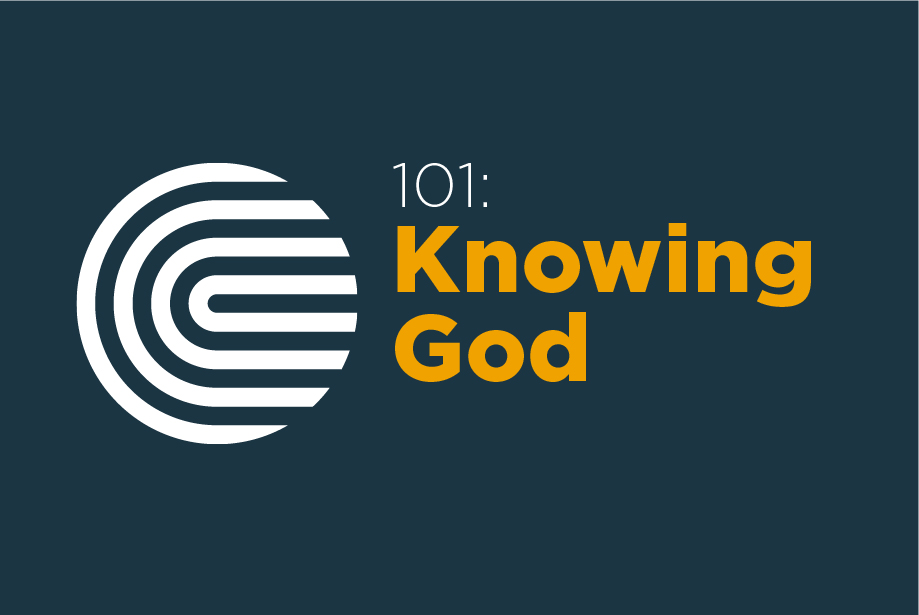Course Description
8-week class syllabus
The Fear of the Lord is the beginning of wisdom
Philosophy is the love of wisdom. As a method, it is the critical use of reason to test beliefs for meaning. It begins in self-examination (what do I believe and why?). It is the foundation to the rest of what is done in the Academy. If philosophy is done incorrectly the Academy ends up in Academic Skepticism. Philosophy develops into a system that seems to find meaning in all areas of life.
We want to understand what is clear about God from general revelation. God is a Spirit, infinite, eternal, and unchanging in being, wisdom, power, holiness, justice, goodness, and truth. We might agree but do we understand why this is true? God alone has existed from eternity. God created the world very good. Our highest good is to know God as He has revealed Himself in all of His works of creation and providence. There is a moral law that guides us to the knowledge of God. Evil/sin begins in unbelief (culpable ignorance). Natural evil is a call back from moral evil. Moral evil is permitted to deepen the revelation of the glory of God. Scripture is necessary to explain how redemption is possible. You most likely agree with each of these, but can you show they are true? That is our project together.
Companion book:
Elementary Guide to the Philosophers by Owen Anderson
Weeks 1-8
- Reason and the knowledge of God.
- Something has existed from eternity. Not matter (material monism).
- I am not eternal (spiritual monism). Both matter and spirit are not eternal (dualism)
- The nature of God.
- Good and evil.
- The problem of evil.
- The moral law.
- The necessity of Scripture.
